Satellite manufacturing plays a vital role in the modern world, enabling technologies that impact communication, navigation, Earth observation, weather forecasting, and even space exploration. With over 28,300 satellites orbiting the Earth at the start of 2024, an increase of 6.8% from the previous year, this field continues to grow rapidly. This article highlights the top 10 players dominating the satellite manufacturing industry and their contributions to this essential sector.
SpaceX
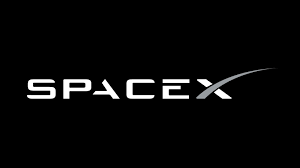
SpaceX has transformed the production and launch of satellites, cutting costs significantly while accomplishing amazing space exploration achievements. An excellent illustration of innovation is the company's Starlink satellite network, which was created to offer internet connectivity worldwide. More than 7,000 satellites have already been launched by SpaceX for Starlink, and the network is predicted to bring in $6.6 billion in 2024, up from $1.4 billion in 2022. From 18% in 2018 to 45% in 2023, the company's proportion of international satellite launches increased. SpaceX's dominance in the sector has been maintained by its capacity for development and growth.
Airbus

Airbus sets out as the leader in telecommunication satellite constellations and Earth observation. Airbus has launched more than 600 OneWeb satellites, making it one of the biggest telecom constellations ever. Along with running the biggest Earth observation constellation, the business also runs well-known platforms like SPOT and Pleiades. Despite facing financial challenges, Airbus remains a top player, known for its high-quality spacecraft and global contributions.
Boeing Defense, Space & Security
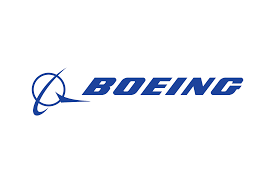
With more than 300 spacecraft delivered to customers in more than 20 countries, Boeing is a reputable name in the satellite manufacturing industry. The business focuses on communication satellites for both commercial and military uses. Its importance in supporting national security can be seen by its contracts with the U.S. Department of Defense, such as the Wideband Global SATCOM (WGS) series. Boeing's Defense, Space & Security division brought in $25 billion in 2023, proving its dominant position in the industry.
Lockheed Martin
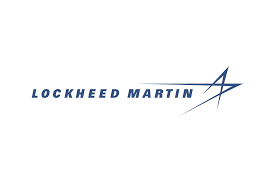
In addition to having launched more than 150 small satellites since 1997, Lockheed Martin opened a facility that can produce 180 small spacecraft a year. The corporation reported $3.3 billion in sales in its Space segment in the first quarter of 2024. Lockheed Martin's focus on developing constellations, such as the SDA Tranche 2 Tracking Layer, strengthens its position as a major satellite technology innovator.
Northrop Grumman

With over 40 geostationary telecommunications satellites delivered globally, Northrop Grumman is the leader in the satellite manufacturing industry. Along with building important satellites for Intelsat, the business has defence contracts, including a $1.8 billion agreement for advanced early warning satellites with the U.S. Space Force. Northrop Grumman's contribution to military and commercial applications displays its adaptability and expertise.
Raytheon Technologies
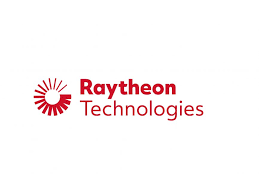
With its subsidiary Raytheon Intelligence & Space, Raytheon is well known for its advanced satellite technology, especially for military and defence uses. The organization has achieved a leading position in the sector because of its expertise in space sensors and federal contracts. With 2023 sales reaching $74.3 billion, Raytheon is an important player in the aerospace and defence industries.
Maxar Technologies
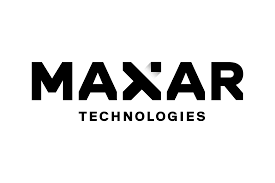
Maxar Technologies is best known for its popular Maxar 1300 series, which has over 90 satellites currently in orbit. With a revenue of $1.61 billion in 2022, Maxar has built and launched more than 300 satellites, making it a trusted name in the industry. Many commercial, scientific, and defence applications make use of its modern spacecraft platforms.
Thales Alenia Space

Thales Alenia Space, a joint company between Thales and Leonardo, is focused on geostationary communications satellites. The business is known for its modern Space Inspire solution and has dominated the geostationary market for the last two years. In 2023, Thales Alenia Space recorded consolidated revenues of 2.2 billion euros, confirming its significant market presence.
Mitsubishi Electric

Mitsubishi Electric is a leader in the development of space systems in Japan, having manufactured more than 600 satellites. The company holds a leading position in the Asian satellite manufacturing market and is well-known for its expertise in designing and launching whole spacecraft. Its defence and space systems division is projected to generate $1.71 billion in net sales in the fiscal year 2024.
ISRO (Indian Space Research Organisation)
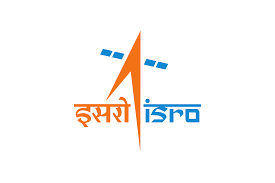
ISRO is praised for its reliable and cost-effective satellite technology. ISRO has established India as a competitive force in the global satellite manufacturing market because of its record-breaking achievements, such as the 2017 launch of 104 satellites in a single mission. ISRO is still developing and growing, with facilities in Hyderabad and Bengaluru.
Modern technology relies heavily on satellite manufacturing to support security, scientific research, and worldwide connection. These major players will continue to set the standard as the need for satellites increases.




